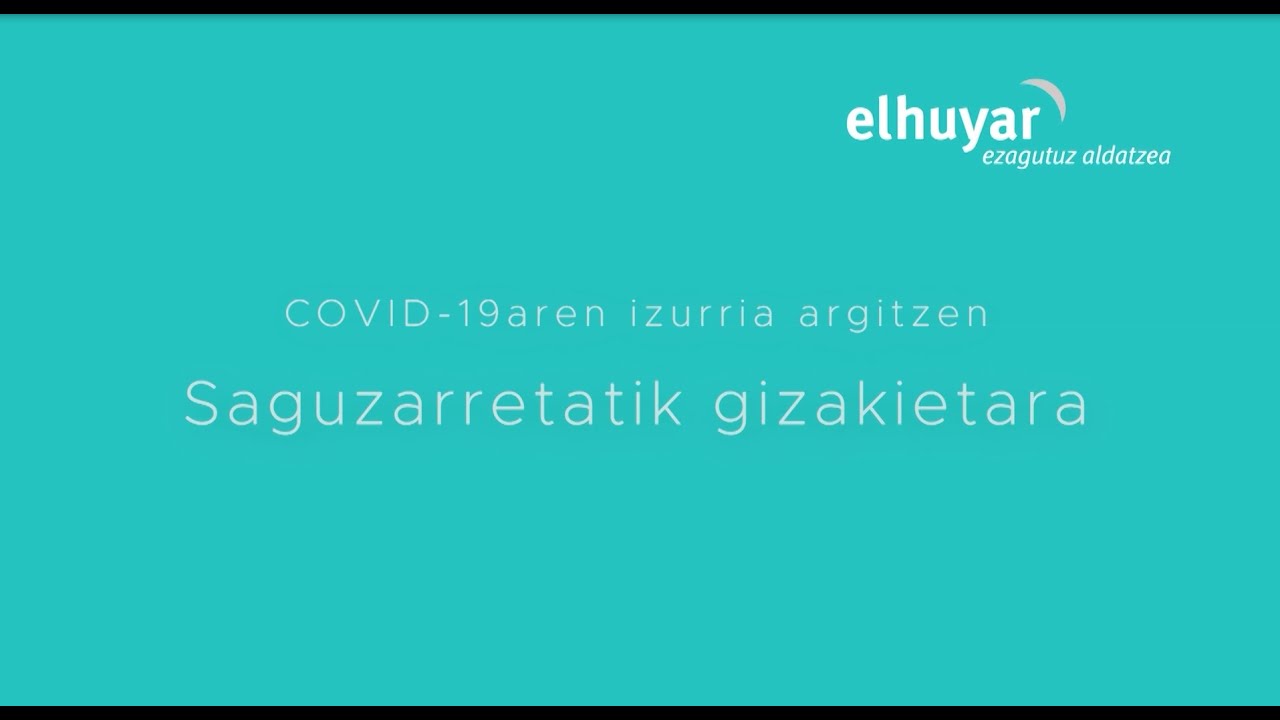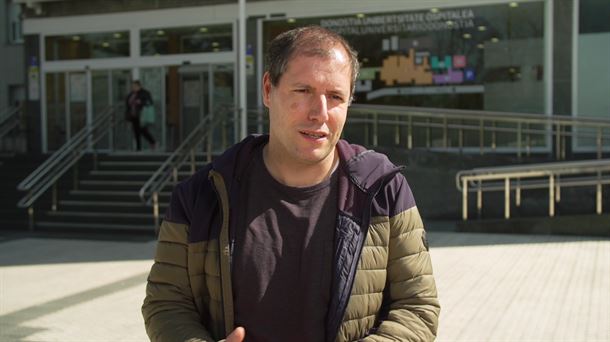Text written in Basque and translated automatically by Elia without any subsequent editing. SEE ORIGINAL
False beliefs and weeds
2020/09/18 Galarraga Aiestaran, Ana - Elhuyar Zientzia Iturria: Elhuyar aldizkaria
Published in Berria on September 15, 2020

Ed. Wikipedia Wikipedia Wikipedia
We people are proper to seek sense to what we perceive, to find a cause-effect relationship. This mechanism is fundamental to the survival of our species, but it often leads us to believe false beliefs. Psychologists call it causal illusion, and more than an example of it has spread in times when desire and the need to interpret reality are so strong.
For example, it is quite widespread that 5G technology antennas have to do with the expansion of coronavirus. Behind this conviction, there can be a false cause-effect relationship: the presence of these antennas in some of the areas where the first major and media outbreaks occurred, can lead to the fact that one is considered to be a consequence of another.
If analyzed rationally, however, it is easy to understand that the link is false: the virus is transmitted through droplets and aerosols expelled from the airways, and the electromagnetic waves that use 5G technology have no incidence in this transmission. In addition, it has been proven that in those places where there are no remnants of 5G antennas the virus has spread easily, unfortunately.
However, it is very difficult that, once we have given a good idea, we reject it; unlearn what we first learned. That is why there are those who believe that covid-19 is no more serious than a flu, since it was opened at first. In fact, the first confirmed severe cases of covid-19 and the dead occurred among seniors, while it seemed that it did not affect young and healthy.
During these months, reality has nullified this first impression. Not as much as the boss, but also the young man kills diseases and some survivors are suffering serious consequences. For its part, the World Health Organization estimates between 290,000 and 650,000 annual deaths from seasonal flu. When there are almost three months left for the end of 2020, more than 900,000 deaths confirmed by COVID-19 (if the unconfirmed ones are taken into account, they will probably be more).
This can also be one of the causes of denial of the efficacy of the mask, since at first the health managers themselves indicated that they were not necessary. Over time, there is more and more evidence that the distance is not enough to prevent the transmission of the virus: the virus also spreads in the aerosols, which arrive farther than the larger droplets and stay longer in the air. Therefore, masks have become an important resource to reduce the risk of infection.
In addition to the causal illusion and perseverance of the first learned, there is another psychological mechanism that affects us all and sometimes leads us to not accept the evidence: to reject what does not correspond to our interests. A classic example is that of the first research that linked tobacco use with lung cancer: in the opinion of some, these investigations had errors, since most of those who said so were smokers. At the same time, being an uncomfortable mask, some discard research that demonstrates its effectiveness.
In addition, there are matorrales driven by interested groups. The key to the success of many of them is offering simple explanations and solutions. Faced with this, the solution is to think by the scientific method, knowing that science, in most cases, does not find quick and easy answers.

eu es fr en ca gl
Gai honi buruzko eduki gehiago
Elhuyarrek garatutako teknologia



.jpg)

